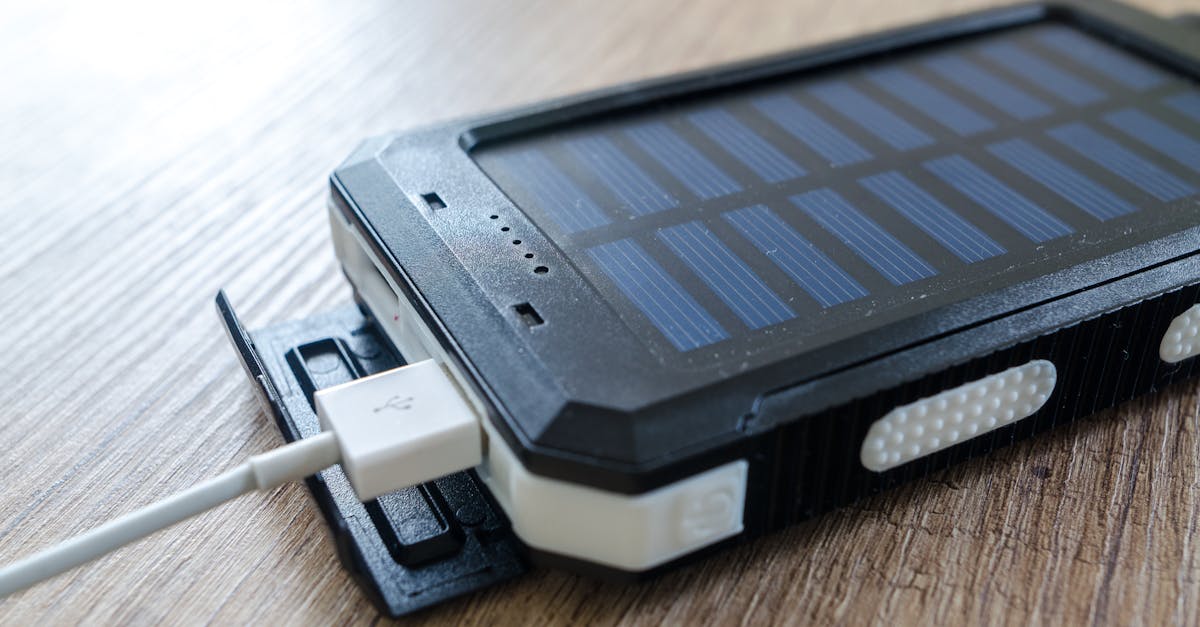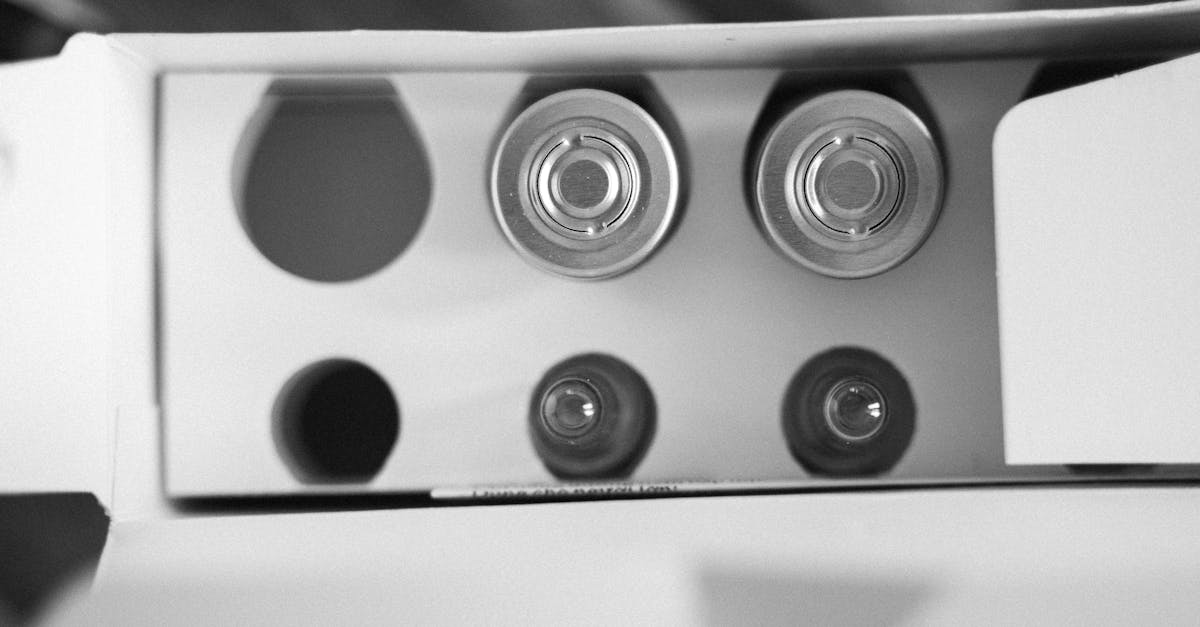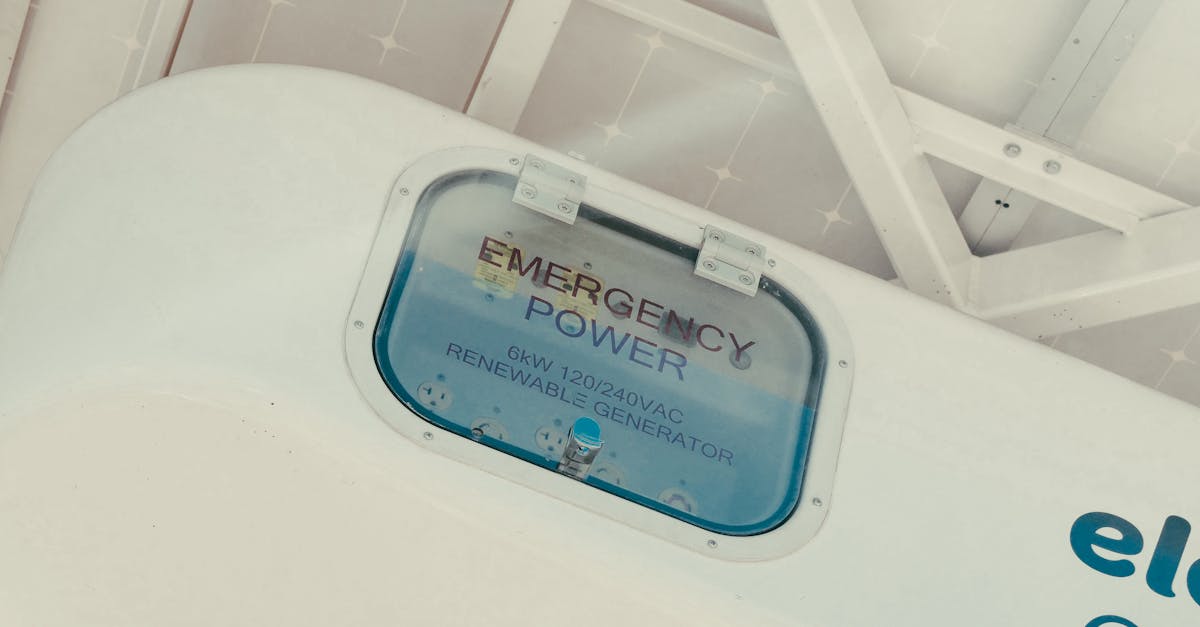
Comparing Off-Grid and Grid-Tied Systems
Off-grid systems operate independently from the main electricity grid, relying solely on solar power generation and battery storage for energy needs. This approach is particularly beneficial in remote areas where grid access is limited or non-existent. Users can achieve complete energy independence while generating their power, but it requires significant investment in both solar panels and battery storage to ensure enough energy is available throughout the year. For those in Hucknall, Nottinghamshire, Solar Battery storage Hucknall, Nottinghamshire, provides a viable solution for off-grid living.
In contrast, grid-tied systems remain connected to the main electricity grid and allow for a more flexible approach to energy consumption. Homeowners can draw power from the grid when solar generation is insufficient, ensuring access to electricity during cloudy days or at night. Furthermore, excess energy produced can often be sold back to the grid, helping to offset costs. This type of system minimises the need for extensive battery storage, making it an attractive option for residents in urban areas, including Hucknall, who might want to leverage Solar Battery storage Hucknall, Nottinghamshire, for enhanced efficiency without going completely off-grid.
What Suits Your Energy Needs Better?
Evaluating whether an off-grid or grid-tied system is best suited to your energy needs involves a careful consideration of your consumption patterns and lifestyle. Off-grid systems offer independence from the national grid, appealing to those who prefer self-sufficiency. They can be advantageous in remote areas or during power outages. However, maintaining such a system requires diligent management and may necessitate larger battery storage capacity.
In contrast, grid-tied systems seamlessly integrate with the existing energy infrastructure. They permit users to draw energy from the grid when solar production is low, reducing the immediate need for extensive battery storage. For residents in places like Ravenshead, Nottingham, Nottinghamshire, this can be a cost-effective choice. The decision ultimately hinges on individual circumstances, including budget, energy use, and environmental considerations.
Technological Advancements in Battery Storage
Recent innovations in battery technology have significantly improved the efficiency and affordability of energy storage solutions. New materials and designs have emerged, allowing for smaller battery sizes with higher energy densities. As a result, consumers now have access to systems that not only store energy more effectively but also endure longer life cycles. These advancements cater to both residential and commercial applications, making solar energy more reliable and accessible.
In locations like Mansfield, Nottinghamshire, the introduction of advanced solar battery storage options empowers homeowners to maximise their energy independence. By integrating cutting-edge storage solutions with solar panels, users can capture excess energy produced during peak sunlight hours and utilise it when needed. This capability reduces reliance on the grid and enhances the overall sustainability of energy consumption, making solar battery storage a key component of modern energy strategies.
Innovations Shaping the Future of Energy
Recent advancements in battery technology are transforming how energy is stored and utilised in residential setups. Innovations such as lithium-ion batteries have significantly improved energy efficiency, longevity, and cost-effectiveness. Companies are increasingly investing in research to enhance these systems further. As energy demands grow, the need for effective storage solutions becomes paramount. This encourages the development of batteries that can charge faster and store energy more efficiently, making them suitable for widespread residential use.
In regions like Mansfield, Nottinghamshire, solar battery storage systems play a critical role in harnessing the full potential of solar energy. Homeowners can now capture and store excess solar generation for later use, leading to greater energy independence. Enhanced algorithms and monitoring technologies enable users to maximise their energy usage and optimise storage capabilities. The integration of smart technologies also allows for real-time energy management, ensuring homes can adapt to fluctuating energy prices and demand patterns.
Assessing Your Energy Usage
Understanding your energy usage is crucial when considering the integration of battery storage with solar panels. Start by reviewing your electricity bills to gauge your monthly consumption. Identify peak usage times and the types of appliances that contribute most to your overall energy demand. This analysis provides insights into whether a solar battery system can enhance your energy independence and efficiency.
When assessing your needs, consider factors such as family size, lifestyle, and the number of energy-consuming devices in your home. In regions like Nottinghamshire, where solar energy adoption is increasing, systems tailored for local conditions can offer optimal performance. Those looking to explore options for Solar Battery storage Nottingham, Nottinghamshire, should ensure that their energy projections align with the capacity of the battery system they plan to invest in.
How to Determine Your Storage Needs
Determining your energy storage needs requires a comprehensive assessment of your household’s energy consumption patterns. Start by analysing your electricity bills to identify your average usage over different periods. Consider peak usage times and any seasonal variations that may affect your consumption. This analysis forms a solid foundation for deciding how much battery storage you may require to effectively complement your solar panel system.
In areas like Ravenshead, Nottingham, Nottinghamshire, understanding local energy requirements can provide additional insights. Local climate conditions and variations in sunlight throughout the year will influence how much energy your solar panels can generate. By consulting with local energy experts, you can better align your battery storage capacity with your specific needs, ensuring that you optimise your solar energy system for both efficiency and cost-effectiveness.
FAQS
What are the benefits of having battery storage with solar panels?
Battery storage allows homeowners to store excess energy generated by their solar panels for later use, providing increased energy independence, reducing reliance on the grid, and potentially lowering electricity bills.
How do I determine if battery storage is right for my home?
To determine if battery storage is suitable for your home, assess your energy usage patterns, consider your energy needs during peak times, and evaluate whether you would benefit from having stored energy available during outages or at night.
What are the different types of battery storage options available for solar panels?
Common types of battery storage options include lithium-ion batteries, lead-acid batteries, and flow batteries, each with varying capacities, lifespans, and costs. It's important to consider factors such as efficiency and warranty when choosing a battery.
Is battery storage cost-effective in the long run?
While the upfront costs of battery storage can be significant, many homeowners find that the long-term savings on energy bills, combined with potential incentives and rebates, can make it a worthwhile investment over time.
Can I add battery storage to my existing solar panel system?
Yes, you can add battery storage to an existing solar panel system, but it's essential to consult with a professional to ensure compatibility and to assess any necessary upgrades to your system for optimal performance.


